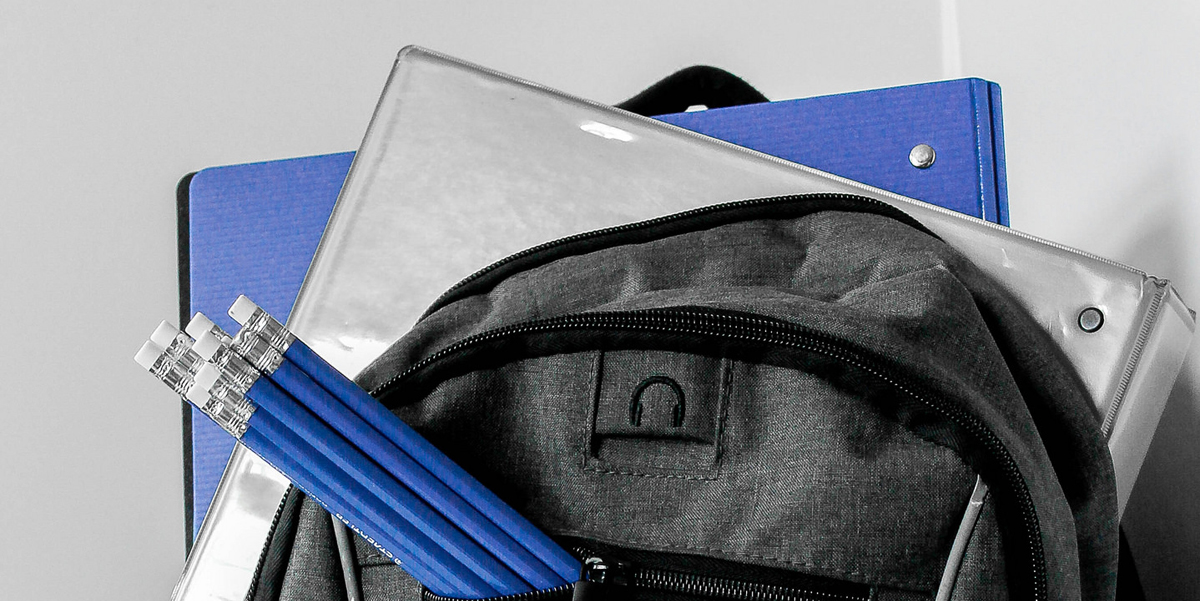An inclusive education
Education is the passport to opportunity. It is only right that all children are given equal opportunities to reach their full potential, educated in a world-class system to become the next leaders, entrepreneurs, teachers, strategists, economists, doctors, lawyers or scientists. First,...
Education is the passport to opportunity. It is only right that all children are given equal opportunities to reach their full potential, educated in a world-class system to become the next leaders, entrepreneurs, teachers, strategists, economists, doctors, lawyers or scientists.
First, this means addressing the inequality that has a huge impact on life chances. A child hasn’t earned their wealth – or indeed their poverty. It is appalling that in the 21st century the UK has one of the highest income inequality gaps in the EU. The wealthiest 10 per cent take 28 per cent of all income, and half of that is taken by the top 1 per cent. We need to make sure that getting access to the best education does not depend on your family’s wealth. Labour led the way by introducing Sure Start Centres to ensure that very young children, whatever their background, had an equal start in life. When Labour is back in power, we will face the challenge of building on this achievement so that a good and sound education is something that can be within the reach of all children.
But equality of opportunity in education also means focusing on a group of children perhaps most at risk of losing out: those with special educational needs and disabilities. Special needs children often need more support than a typical child in the classroom, sometimes requiring extra time or adaptations to help them access what every other child can. In the current climate of funding cuts, they are losing out as teaching and support staff are cut. Pastoral and mental health support services are being scaled back or lost completely. And schools are struggling to cope: Across England, the number of permanent exclusions in state-funded primary, secondary and special schools increased from 5,795 in 2014/15 to 6,685 in 2015/2016.
Teaching staff should be praised for the tireless work they do with our children. As a former teacher myself, I know the hours that teachers work to best meet the needs of the children in their class or school. But we have a multifaceted problem here, and we have to do more to support them to provide the equal opportunities that every single child deserves. The lack of funding in schools has a direct impact on staffing and support, but we also need to offer better training to equip teaching staff to deal with potentially challenging situations. When I was a teacher in a mainstream school, I welcomed opportunities to learn more about the plethora of conditions that the classroom held: without that training we are not equipping teachers to be effective facilitators of learning and we are failing the children that come through the doors.
Labour is committed to creating a world-class education system and an inclusive environment for children in mainstream school settings. However, we must not forget that there is, and always will be, a smaller group of children who will thrive better in a more exclusive setting. It is vital that we do not get stuck in the thinking that having all children in mainstream education is inclusive. In my role as chair of my local branch of the National Autistic Society, I deal with children on the autistic spectrum, who can have a huge amount of anxiety in a whole class setting of 30 children. This anxiety can render them non-verbal or cause them to behave in a way that would be considered unacceptable. Some may well be able to work perfectly well with extra help and support, but for others, a mainstream classroom does not offer equal opportunity. In fact it makes education even harder to access. Parents cry as they watch their child deteriorating in an inappropriate school setting, helpless in a school system which leaves them without a voice or a choice. I have known parents having to resort to solicitors to get their child adequate help. In this way we may be keeping the more vulnerable silent and once again failing a proportion of society, some of whom are already disadvantaged by poverty.
Labour needs to make the argument that not only is funding vital for providing a world-class education but that to be a truly inclusive, we must consider different settings for different children while providing a fully comprehensive education for all. The Conservatives choose to select on academic grounds. Wouldn’t it be the right thing for Labour to allow the people – the teachers, the parents and the children – to select which schools are appropriate for their needs? If a group of people are not being heard, we speak out for them – that’s what Labour does. Let’s go one step further and let’s give people back their voice.

